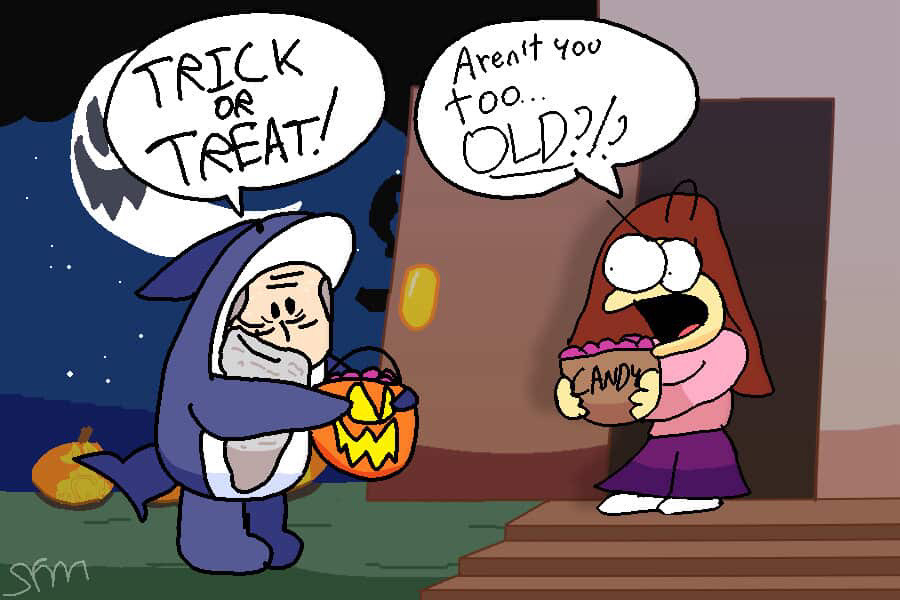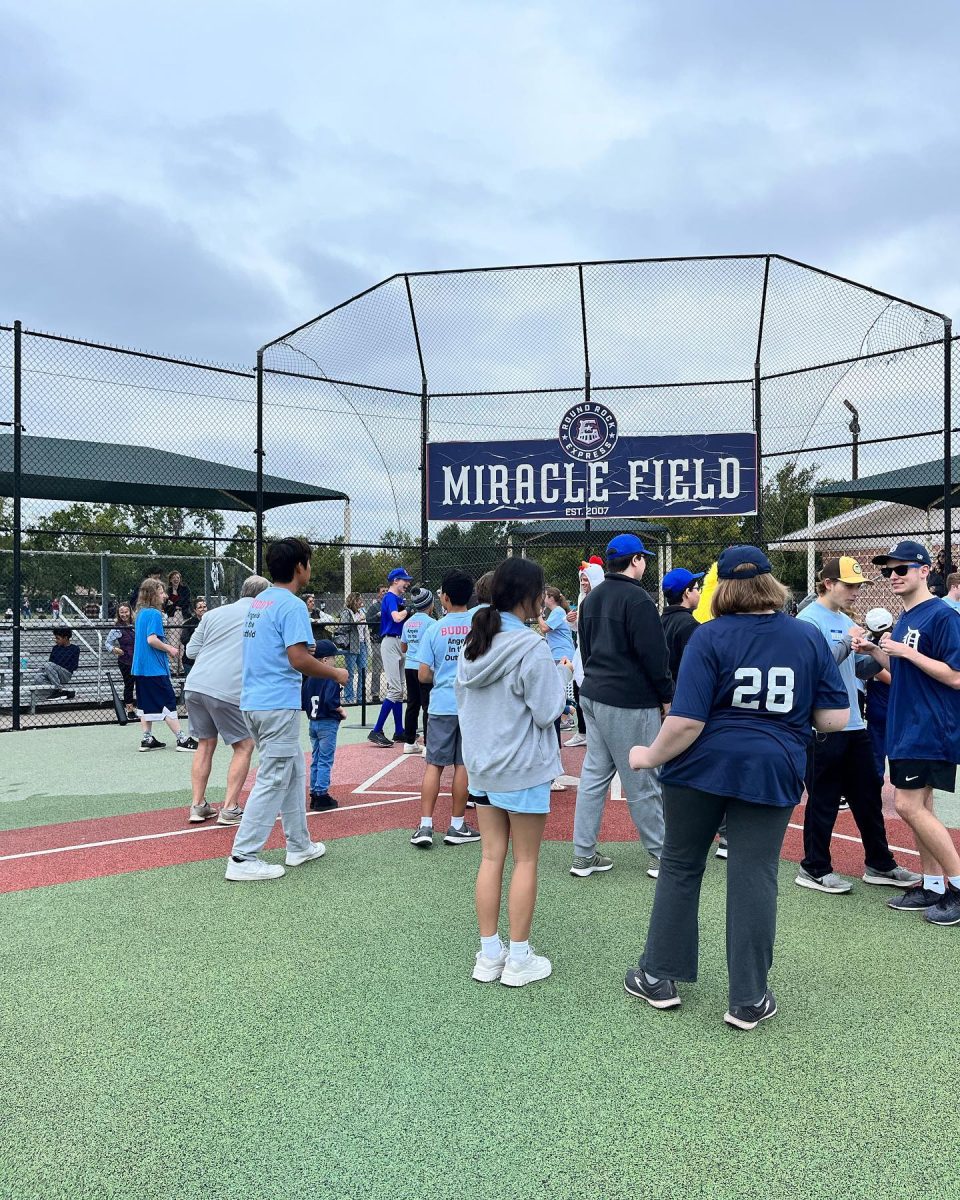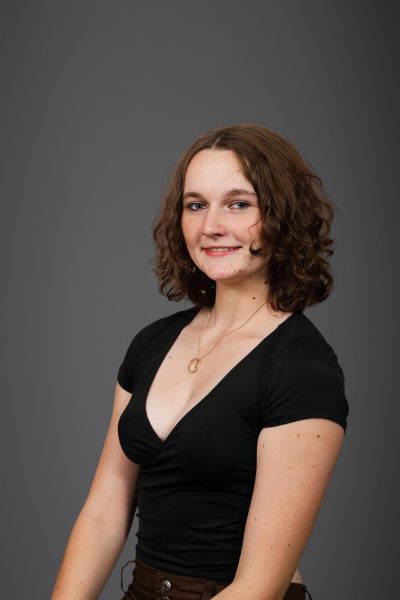Two runners on base, two outs, bottom of the ninth and a tied ball game. The outfielders are playing duck, duck, goose, and first and second base are playing catch. A coach strides to the pitcher’s mound to prepare for a “big hitter.” Equipped with a metal bat, the kid prepares for the upcoming pitch. The loud clunk from the ball hitting the metal bat rattles throughout the stadium. The ball soars into the outfield and the stadium erupts with excitement as both teams cheer.
This scene is typical of a weekend in the fall and spring at the Round Rock Express Miracle Field at Town & Country, as Miracle League volunteers play and teach baseball to other kids their age. Miracle League, an inclusive baseball league, is for kids between four and 19 who do not fit into “regular” recreational leagues. Lauren Kriss, a 2015 Cedar Park grad and former Miracle League volunteer, recently moved back to Texas and jumped back into helping with Miracle League as a coach.
“My mom had a friend who had a daughter with a disability, and she was playing in the league, and she asked if I would be interested in volunteering and I was,” Kriss said. “I met some of the other family friends who were also preteens who did Miracle League. It was all family friends who would volunteer and [who were] also players. We all became really close and had this super team of people that volunteered every year together.”
Miracle League has a custom field at Town & Country Sports with bases that are accessible to wheelchair users. The league consists of ten teams that play a fall and spring season that are usually seven to eight weeks with five games per week, typically having one bi-week and games are played on Saturday, with no extra practices during the week. The organization always needs volunteers who can either sign up as a “buddy,” who gets assigned to a player, or as an announcer.
“Typically, in a game you’ll be assigned to one player because you need to have their safety in mind and be watching over them, but you get to interact with a lot of them,” Kriss said. “You can throw balls around and there’s catch games going on in the outfield. There’s batting, there’s cheering, so you have one person that is your primary responsibility, but you do get to interact with the whole team.”
Since the league is currently in their off season, sign ups won’t start until February, with the first games being played at the end of February or early March. Miracle League has their own Instagram, which can be followed for updates, and registration is on the Miracle League website. All that’s needed for volunteering is one referral form making sure the person is a safe and nice person.
“I think so many teens spend so much time trying to be serious in school and impress adults,” Kriss said. “They spend so much time trying to impress each other on social media, and then you come to a place like Miracle League where none of those criteria matter or apply. As long as you’re there to have fun and kind of be locked in and engaged, then we’re more than happy to have you. I think a lot of middle schoolers and high schoolers that do it like the relief of some of those pressures. You come and try to make someone else have a really fun day and that’s your only goal.”
Different from other Miracle League’s across the country, Austin’s focuses more on a peer dynamic. According to the Miracle League website, Steve Brown, the President of the Board and League Director for Miracle League and a Town and Country Optimist Board Member contacted Miracle League Executive Director Diane Alford to allow the League to play on the T&C fields. Run by the Brown family for years, they consistently reach out to different athletics directors and coaches for volunteers and support. Unlike other volunteering organizations, Miracle League moves away from a one-on-one mentorship.
“You’re really more there to create a fun team vibe and make sure the whole game is fun,” Kriss said. “You do get matched with one player every weekend and then some players and buddies sort of always try to be together, but that’s not the case for all of them. A lot of players feel out the vibe of whoever is there that day. You can meet different players and you can do a lot of different things, so it’s just a different structure.”
Miracle League also ensures that there is no need to be an expert on every disability. Coaches are always on the field with the players and buddies to keep the game running smoothly. As long as volunteers have a good attitude and are kind, Kriss said they are welcome to join the experience.
“We’re not going to criticize you for saying the wrong thing and say you’re problematic, that’s not what it’s about,” Kriss said. “So many people have some compassion for people with disabilities, but they’re so afraid of saying the wrong thing or doing the wrong thing that they maybe don’t reach out, and I think Miracle League kind of encourages the opposite. [The players are] looking for someone who wants to have fun with them and as long as you give it your best effort, the rest of it tends to smooth itself all out.”
When getting into volunteering, Kriss reminds the buddies that awkward situations can occur, but her and other coaches are there to help.
“In your life [you can] encounter disability in various ways,” Kriss said. “Something may happen to you, something may happen to someone you care about, it’s sort of a fact of life. We all get sick, we all have health struggles, and I think Miracle League is a really positive way to confront some of those things and it shows that there is a lot more positivity even in hardship and difficulty.”
Even though Kriss describes Miracle League as a great resume line, that isn’t its whole purpose. The volunteering aspect focuses more on helping younger generations with either mental health problems, pressures and to have a great experience.
“If you come to Miracle League, the only thing we need you to be is kind and fun,” Kriss said. “Getting a lecture for talking too much or being silly doesn’t apply at Miracle League. Be as silly as you want, there’s no embarrassing yourself at Miracle League. You don’t need to post on your story to prove that you’re cool. [Miracle League is] a break from all those other pressures and you get to help someone else have a good day, too. Once you get past your first game or two, you realize that you look forward to the game as much for yourself as well as you do helping any player that you meet.”
Not only has Kriss been volunteering for the league since her middle school years, she was a coach for the previous season and looks forward to more. However, Miracle League Austin is looking for more volunteers ever since the pandemic happened. While she was going to school at The University of Wisconsin for her PhD, she said she helped out volunteering with the Miracle League up north.
“There was a Miracle League there that was short on volunteers, so I did volunteer with that league,” Kriss said. “Miracle League used to have a really powerful word of mouth, it was a pretty big league, there were a lot of volunteers and then the COVID years were especially tough on a thing like Miracle League when so many kids are mentally vulnerable and so [the league is] trying to build that up again.”
Kriss said the more she volunteered and coached with the league, the better experiences and lifelong friendships she encountered. Kriss has kept up with League’s social media for around six years and even went to college at Texas Tech with other volunteers.
“The great thing about it is that now that I’m a coach, you get this dual opportunity to help and mentor players with special needs, but you also get an opportunity to help and mentor younger students,” Kriss said. “The thing about Miracle League is that it is not so self serious, it’s just for fun. There’s a huge emphasis on bonding. You know, when I coach, I’m not over there yelling that they should’ve thrown the ball to third base. It’s all about cheerleading and making people feel like they’re on a team.”
Coaches and parents usually help the players build skills like hitting the ball from a coach pitcher and running all four bases. When Kriss coaches, she tends to walk around will balls and play catch with players to make sure they’re engaged. She said her best experience from the fall season is seeing players and buddies connect.
“There was a new player to that league that had never played before and he was really shy and I could never tell if he was having fun,” Kriss said. “One week he met this kid who was a very funny class clown middle schooler and I finally heard him laugh and he agreed to put down his toy and give it to his mom. He was batting and laughing and having a good time and I thought that was so cool because I was worried all season [that] he wasn’t having a good time and not enjoying himself.”
Though the primary goal as a coach is to coach the players, the middle schooler and high schoolers who sign up as volunteers also get coached, but in a different way. Kriss describes Miracle League as teaching volunteers to volunteer for something great and to ensure that not everything is about perfection.
“The thing that I love so much about Miracle League is that it’s really positive,” Kriss said. “I think some people think that the only way to sort of do good is to solve the world’s saddest problems or most difficult things. There’s not always enough appreciation of the work that it takes to make people’s lives fun and enjoyable. It’s sort of community building for communities sake. It can be difficult to convince people that making someone’s life fun is worthwhile. The coolest thing is when you see a kid learn to do something that they never thought they could. Or a lot of kids have autism and can have a tough time expressing their emotions or they might sort of spend a lot of time being stressed out and anxious so just some time [when] you see them smile and start laughing and having fun is always great.”

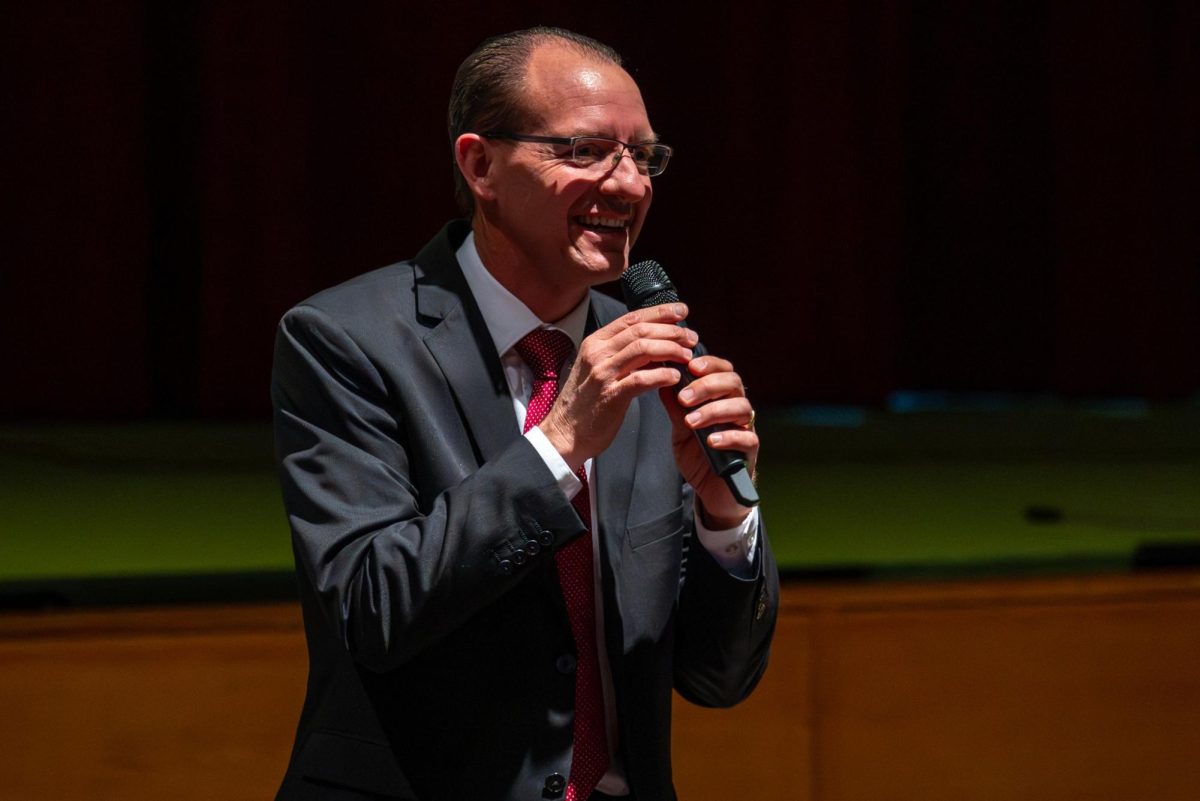
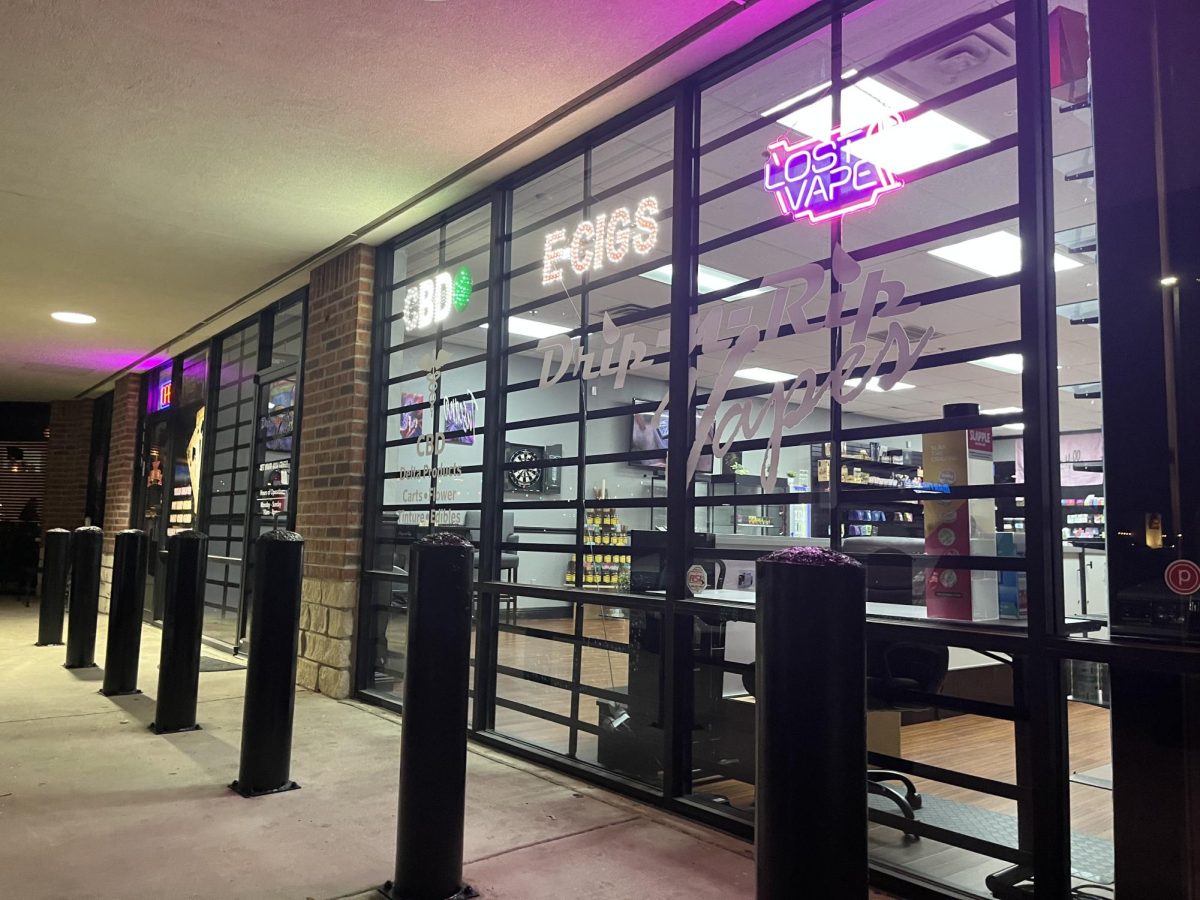
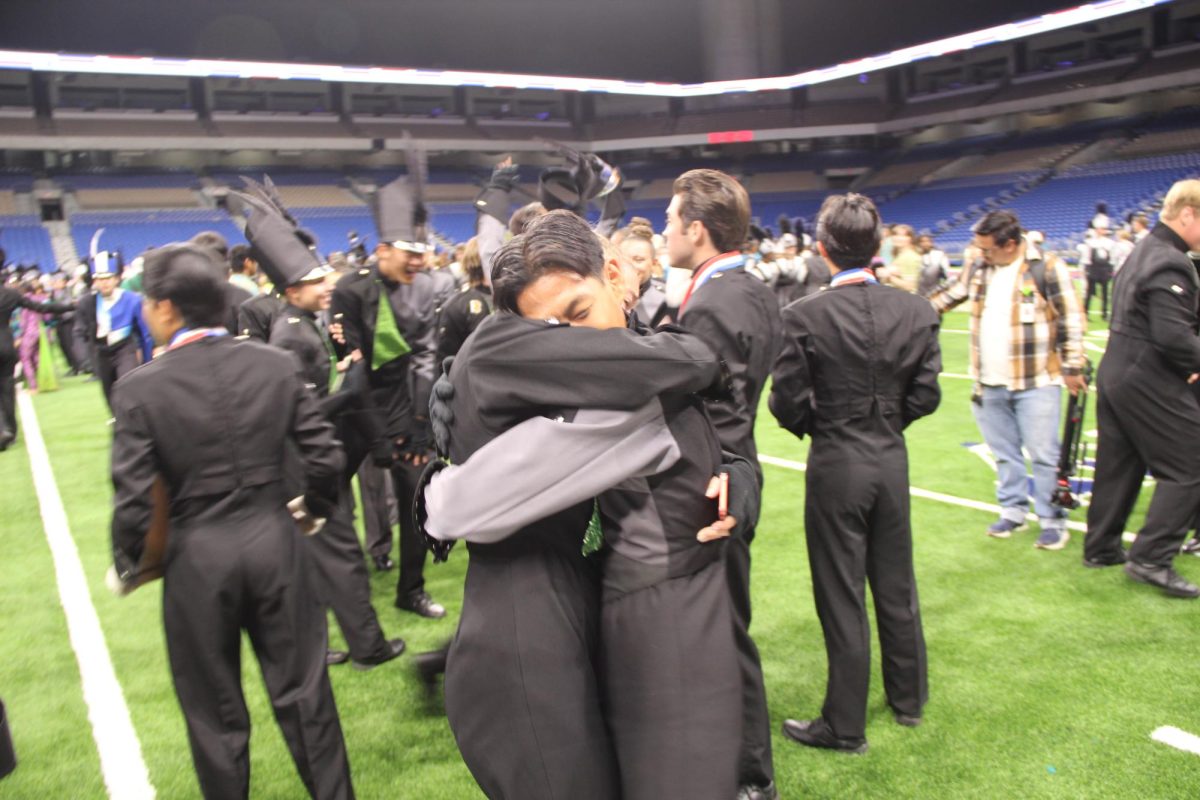
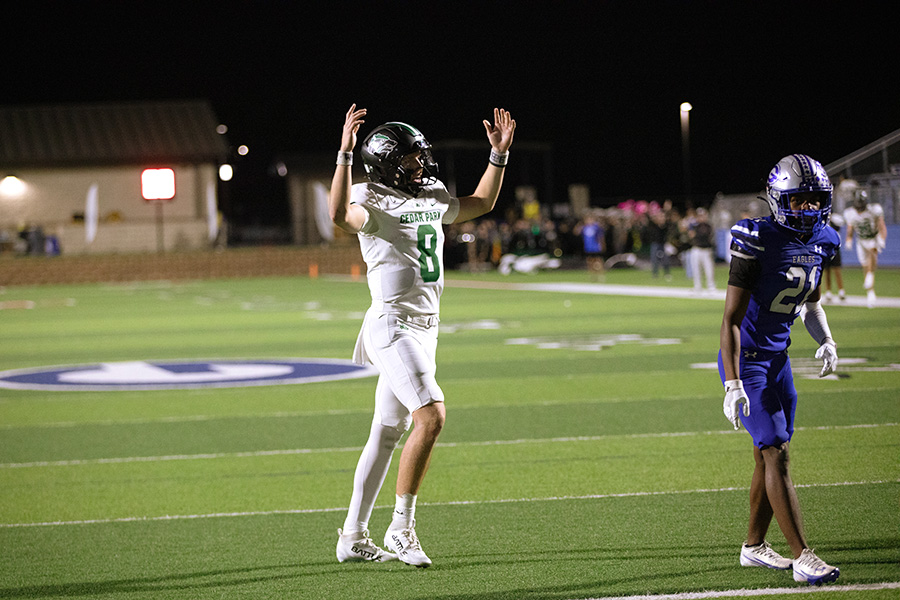
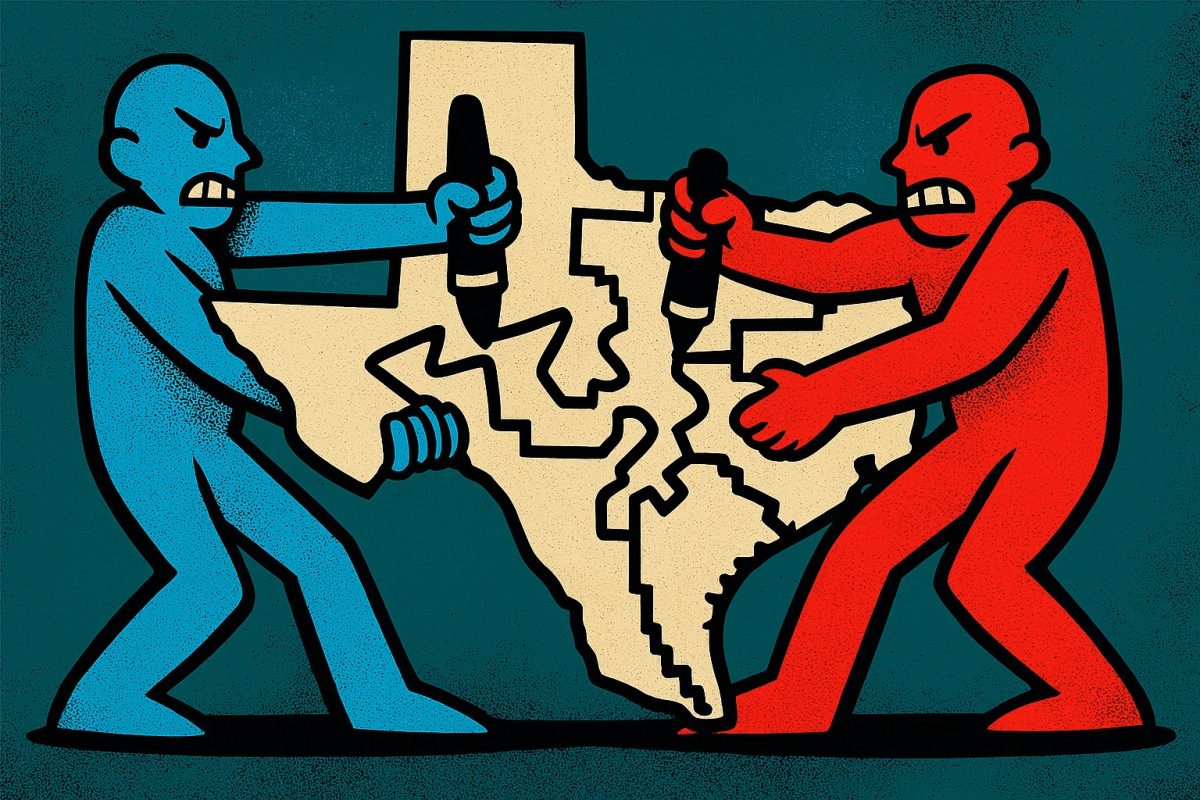
![Senior Jett Mckinney stores all the clothes in his own room, with half of it stored in his closet along with his personal clothes, and the rest taking up space in his room.
“There’s been times [when] there’s so much clothing stored here and it gets overwhelming, so I end up having to sleep somewhere else in the house,” Mckinney said.](https://cphswolfpack.com/wp-content/uploads/2025/11/DSC_0951-1200x800.jpg)
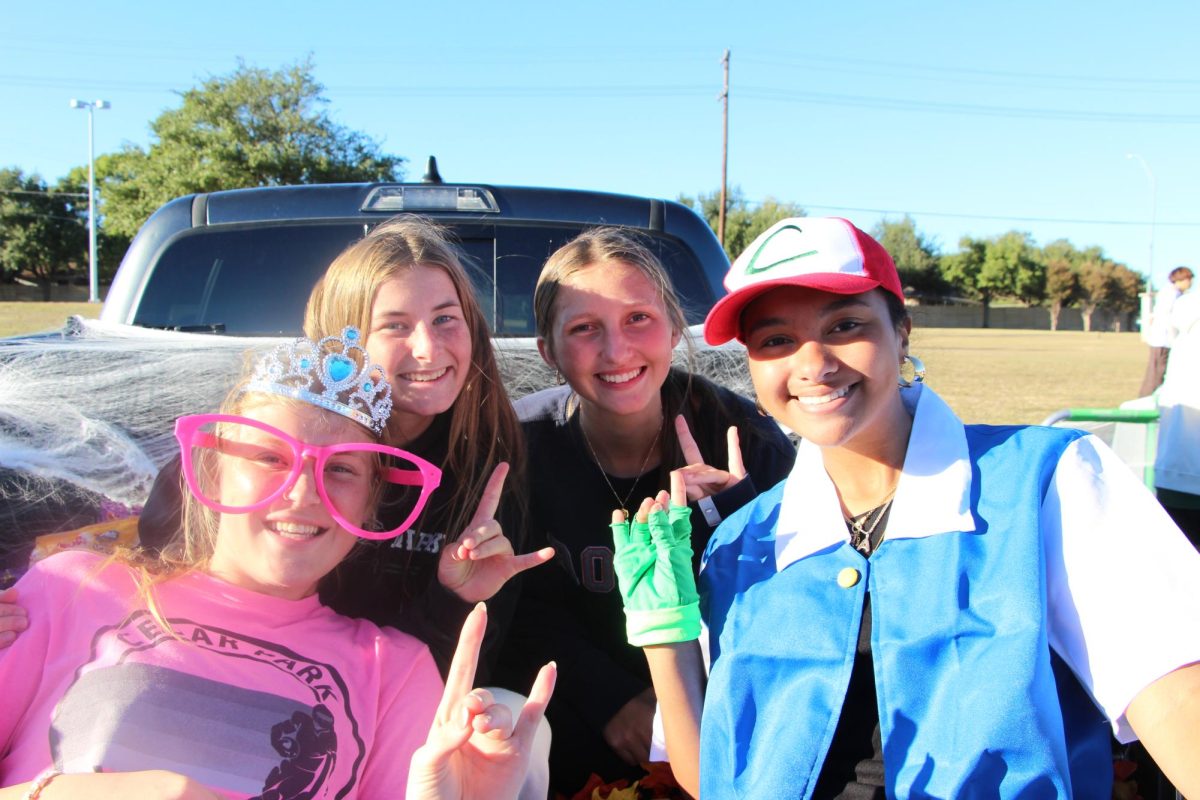


![Broadcast, yearbook and newspaper combined for 66 Interscholastic League Press Conference awards this year. Yearbook won 43, newspaper won 14 and broadcast took home nine. “I think [the ILPC awards] are a great way to give the kids some acknowledgement for all of their hard work,” newspaper and yearbook adviser Paige Hert said. “They typically spend the year covering everyone else’s big moments, so it’s really cool for them to be celebrated so many times and in so many different ways.”](https://cphswolfpack.com/wp-content/uploads/2025/05/edited-ILPC.jpg)

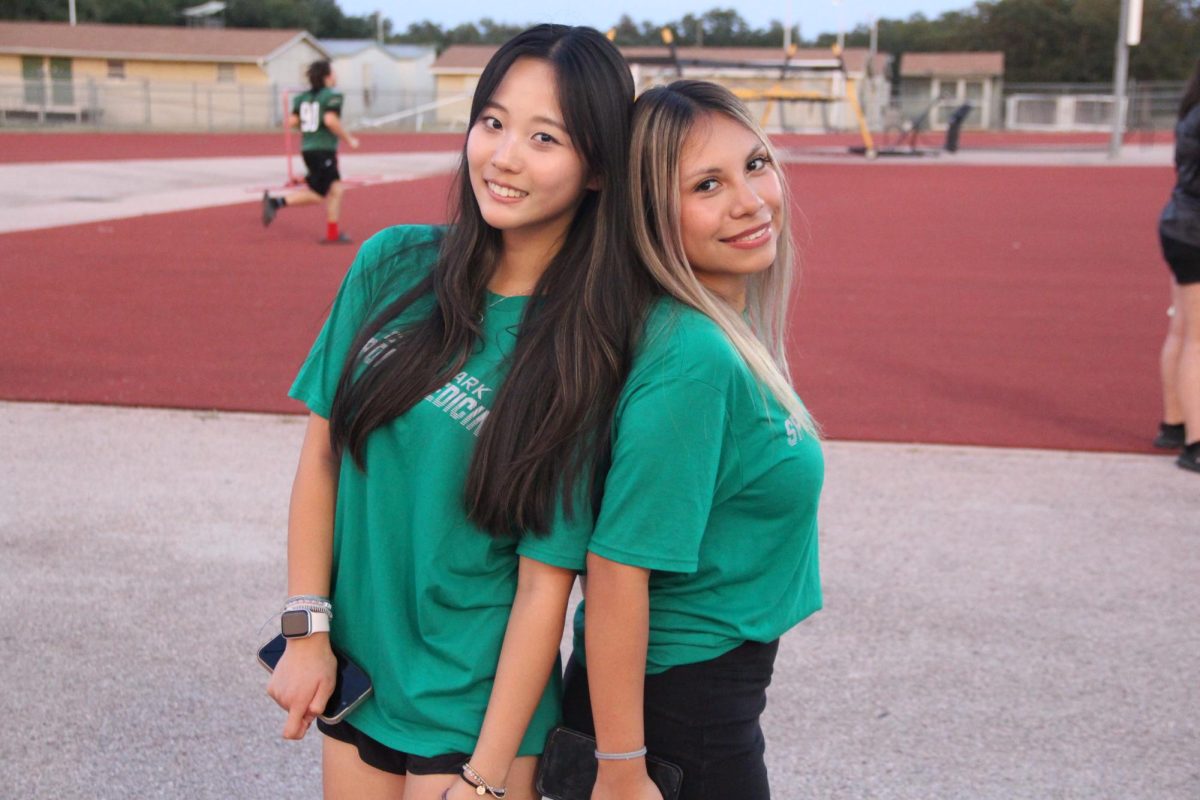


![Looking down at his racket, junior Hasun Nguyen hits the green tennis ball. Hasun has played tennis since he was 9 years old, and he is on the varsity team. "I feel like it’s not really appreciated in America as much, but [tennis] is a really competitive and mentally challenging sport,” Nguyen said. “I’m really level-headed and can keep my cool during a match, and that helps me play a bit better under pressure.” Photo by Kyra Cox](https://cphswolfpack.com/wp-content/uploads/2025/09/hasun.jpg)

![Bringing her arm over her head and taking a quick breath, junior Lauren Lucas swims the final laps of the 500 freestyle at the regionals swimming competition on date. Lucas broke the school’s 18-year-old record for the 500 freestyle at regionals and again at state with a time of 4:58.63. “I’d had my eye on that 500 record since my freshman year, so I was really excited to see if I could get it at regionals or districts,” Lucas said. “ State is always a really fun experience and medaling for the first time was really great. It was a very very tight race, [so] I was a bit surprised [that I medaled]. [There were] a lot of fast girls at the meet in general, [and] it was like a dogfight back and forth, back and forth.” Photo by Kaydence Wilkinson](https://cphswolfpack.com/wp-content/uploads/2025/03/Kaydence-2.7-23-edit-2.jpg)
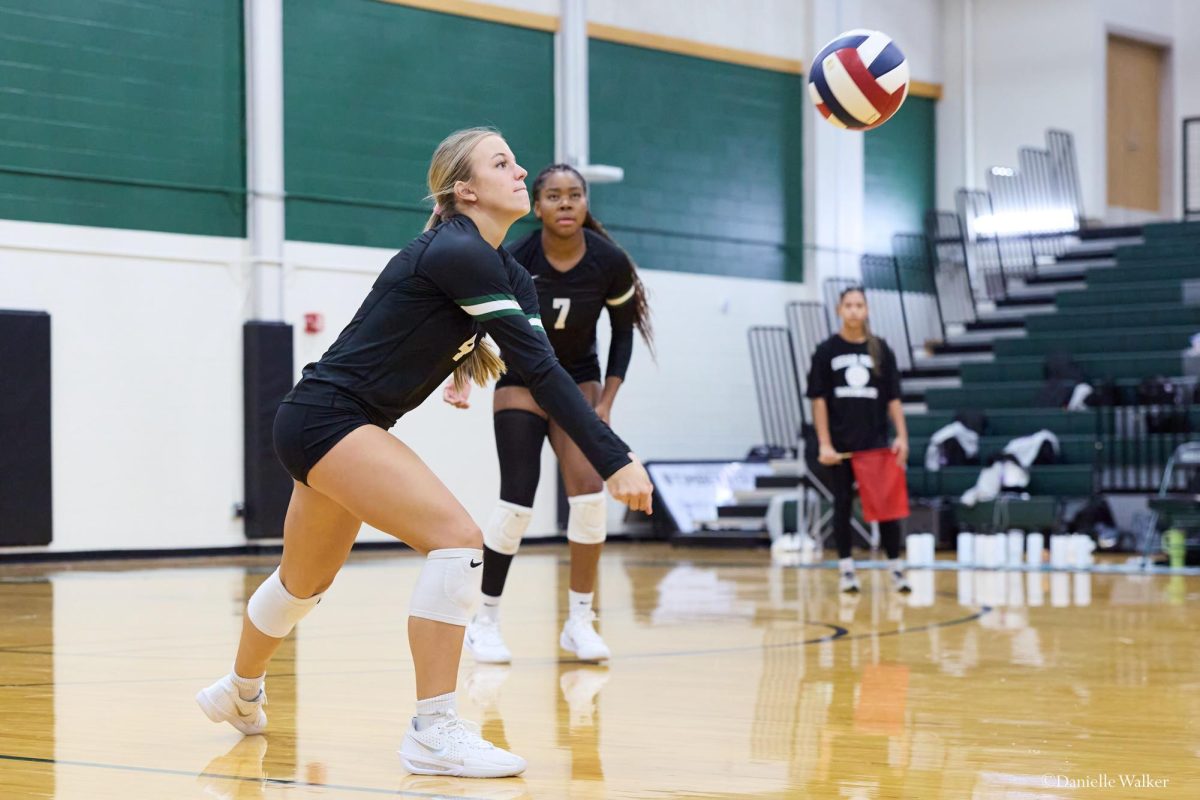

![As her hair blows in the wind, senior Brianna Grandow runs the varsity girls 5K at the cross country district meet last Thursday. Grandow finished fourth in the event and led the varsity girls to regionals with a third place placement as a team. “I’m very excited [to go to regionals],” Grandow said. “I’m excited to race in Corpus Christi, and we get to go to the beach, so that’s really awesome.” Photo by Addison Bruce](https://cphswolfpack.com/wp-content/uploads/2025/10/brianna.jpg)

